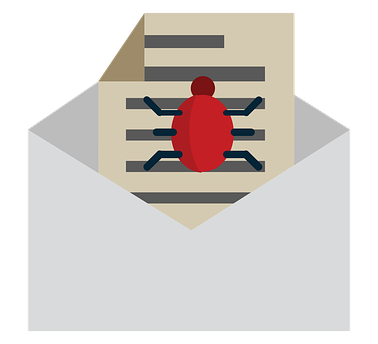Email Scams
Everyone with an email address receives scam emails.
They are all designed with one thing in mind.
To separate you from your money.
Unfortunately, people all over the world, particularly seniors who, as a group, tend to be more trusting and to believe what they read must be true, lose billions of dollars every year to these scammers.
Underneath this menu item, I've listed scam emails that I've personally received.
Have a look at them, as you may receive one just like them and so will recognize it as a scam email.
There are a few markers:
- If it promises you money from a giveaway, a government mistake, a random draw of your email, a bequest from public figure or anything similar, it's a scam. They will ask for your details and then require a small payment to "release" your funds. They will then ask for ever increasing payments until you are finally wrung dry and give up. People are scammed out of thousands by this method and are often too embarrassed to report it.
- Similarly, if someone in a third-world country (often a dying widow lol) asks for your help to get her late husband's funds (usually millions of dollars) out of the country in exchange for a share, run away. It's a variation of the same scam.
- An email from a bank or an institution like PayPal, complete with what looks like the genuine logo, asking for your details to verify some problem, is fake. They will contain a link which pretends to be from the real site, but which is designed to steal your id and password so they can empty your account.
- As a corollary to the above, NEVER click or tap on a link in an email. Take the little bit of extra trouble and go to your actual account with the institution instead.
- Never believe anyone who contacts you out of the blue to tell you they have discovered an issue with your computer (they'll pretend to be from Microsoft or Norton or McAfee or someone like that) and they need access to your computer to fix it. If you give them access, you are effectively saying "Take My Money".
- Many scam emails are from non-English speaking origins and have been translated from foreign languages. They are distinguished by poor spelling and (sometimes laughable) grammar.
- Sometimes, the email will be shown as from a particular person, but the body of the email identifies a different person as the author. This is because several people (maybe thousands) are using the same email.
Anyway, check out these examples by hovering over this page in the menu to reveal individual emails in the drop-down menu.
